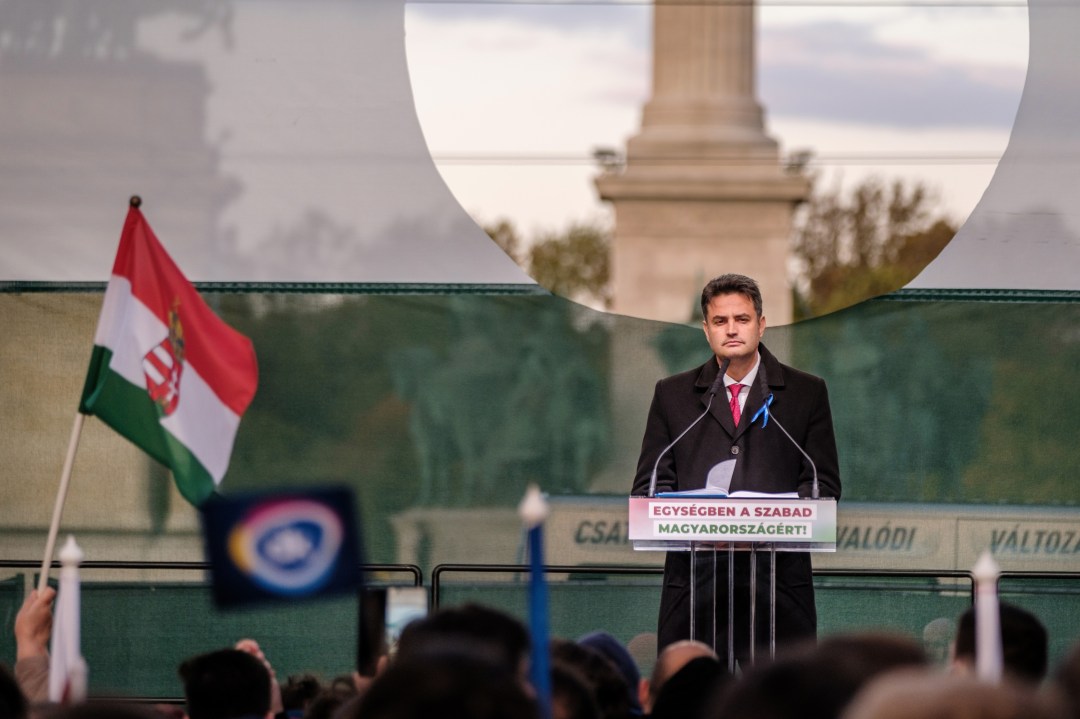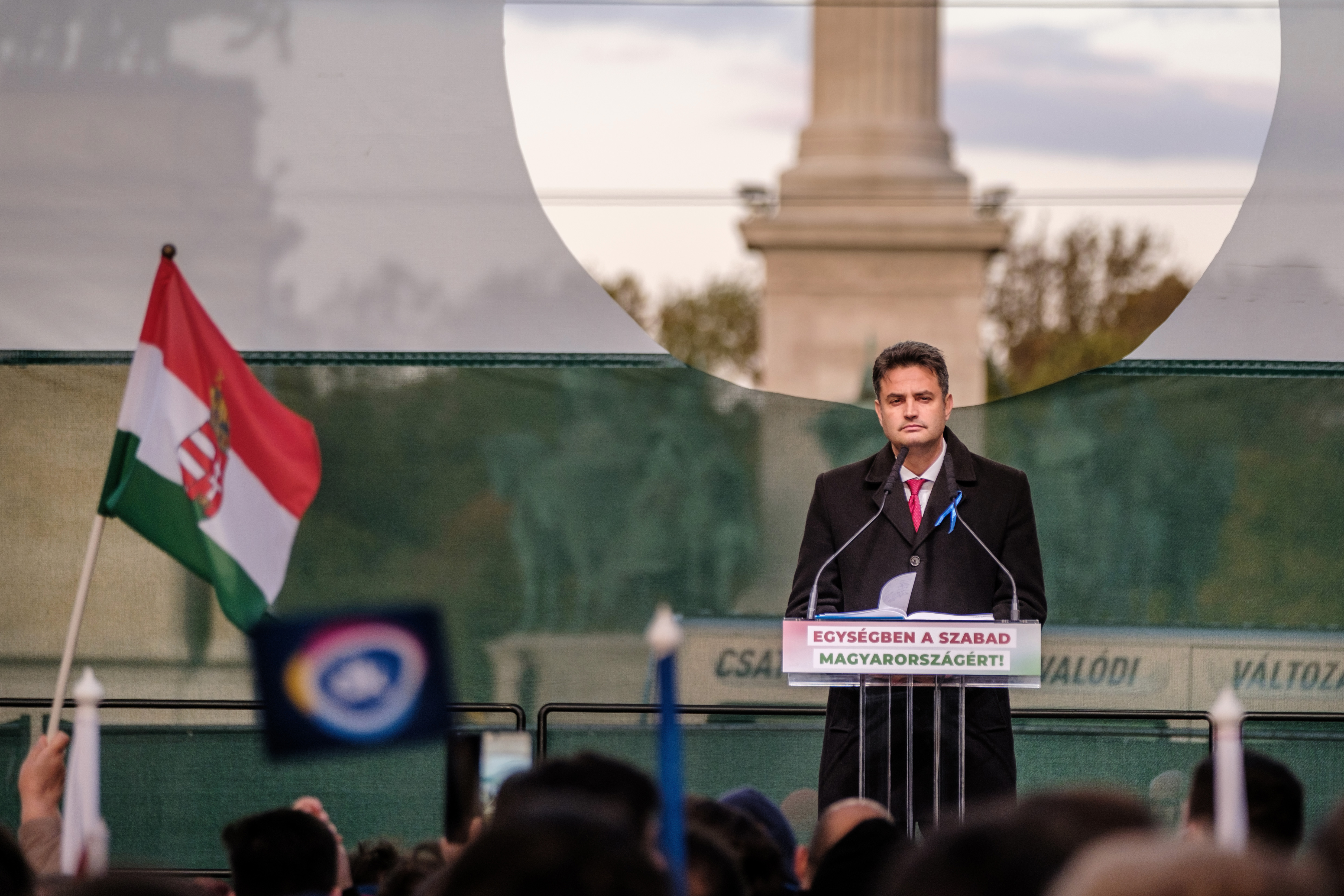Opposing Viktor Orbán is a formidable task. Support for his coalition hovers at around the 40 per cent mark while the parliamentary system makes it harder for opposition parties to break through. By 2018, all of the opposition parties, most of which are firmly on the left, realised they were individually incapable of breaking through. They began fielding joint candidates and had some early success when Gergely Karácsony won the mayoralty of Budapest. So they agreed late last year to select a common candidate for the prime ministership at next spring’s elections. Last weekend, a political outsider, Péter Márki-Zay, became the candidate.
Márki-Zay’s appeal comes from the idea that he alone can appeal to the largely rural, Christian and conservative electorate. Hungary, even more than the UK, suffers from having an outsized capital city and a cosmopolitan elite disconnected from ordinary people: 80 per cent of Hungarian voters live in rural areas. Orbán skilfully tapped into this anti-Budapest sentiment, a critical force of the country’s politics since the days of the Habsburg empire. Márki-Zay has spent most of his life in the small southern town of Hódmezővásárhely: the opposition parties are hoping that his carefully-curated rustic image will chip away at Orbán’s dominance in rural Hungary.
Orbán remains ambitious. He is convinced that only he can defend Hungary against a degenerate European Union and the threat of mass immigration
He is also proud of his Catholic faith, celebrating his seven children and 27 years of stable marriage to his childhood sweetheart. Religious voters have so far been loyal to Orbán. Márki-Zay shows no discomfort with religion, in contrast to Orbán’s previous socialist and liberal opponents: crucial when Orbán’s favourite places to be photographed are church services, posing as the sole defender of Europe’s Judaeo-Christian heritage.
The political issue to capitalise on is the incessant corruption allegations that have poisoned Hungarian politics since 1989. As an outsider, Márki-Zay will be presented as a ‘clean’ alternative (although his three years as mayor have already produced allegations of corruption and favouritism). He was able to beat the frontrunner Klára Dobrev using this strategy: Dobrev is the wife of Ferenc Gyurcsány, who served as prime minister from 2004 to 2009. His government was mired in corruption scandals and killed by the financial crash, and Dobrev’s marriage — appearing like a Hungarian Bill and Hillary — seemed like a reminder of bad times.
Lucky as he may have been so far, Márki-Zay will need more good fortune ahead of next spring. His popularity is fragile: he has no party of his own and his appeal to the left is solely based on his chances of beating Orbán. If his polling begins to slip, the criticism will be fierce. Hungarian politicians on the left and right remain suspicious of his conservative credentials: Dobrev said that his religious-nationalist rhetoric made him ‘unsuitable’ to be prime minister, while Orbán’s supporters think his overt Christianity is a ruse. These allegations might stick. Márki-Zay’s enthusiasm for the EU, sympathy towards migrants and support for the LGBT community give Orbán plenty of ammo.
Márki-Zay presents a threat, but Orbán remains ambitious. He is convinced that only he can defend Hungary against a degenerate European Union and the threat of mass immigration. He retains the support of the media, has ample funds to spread his message, and is an experienced and ruthless campaigner. Hungary has become more prosperous over the past decade and most think that his leadership provides the stability that the country needs. Márki-Zay’s nomination is a surprising and serious challenge for Orbán, but the man Jean-Claude Juncker called ‘the dictator’ knows how to win an election.







Comments